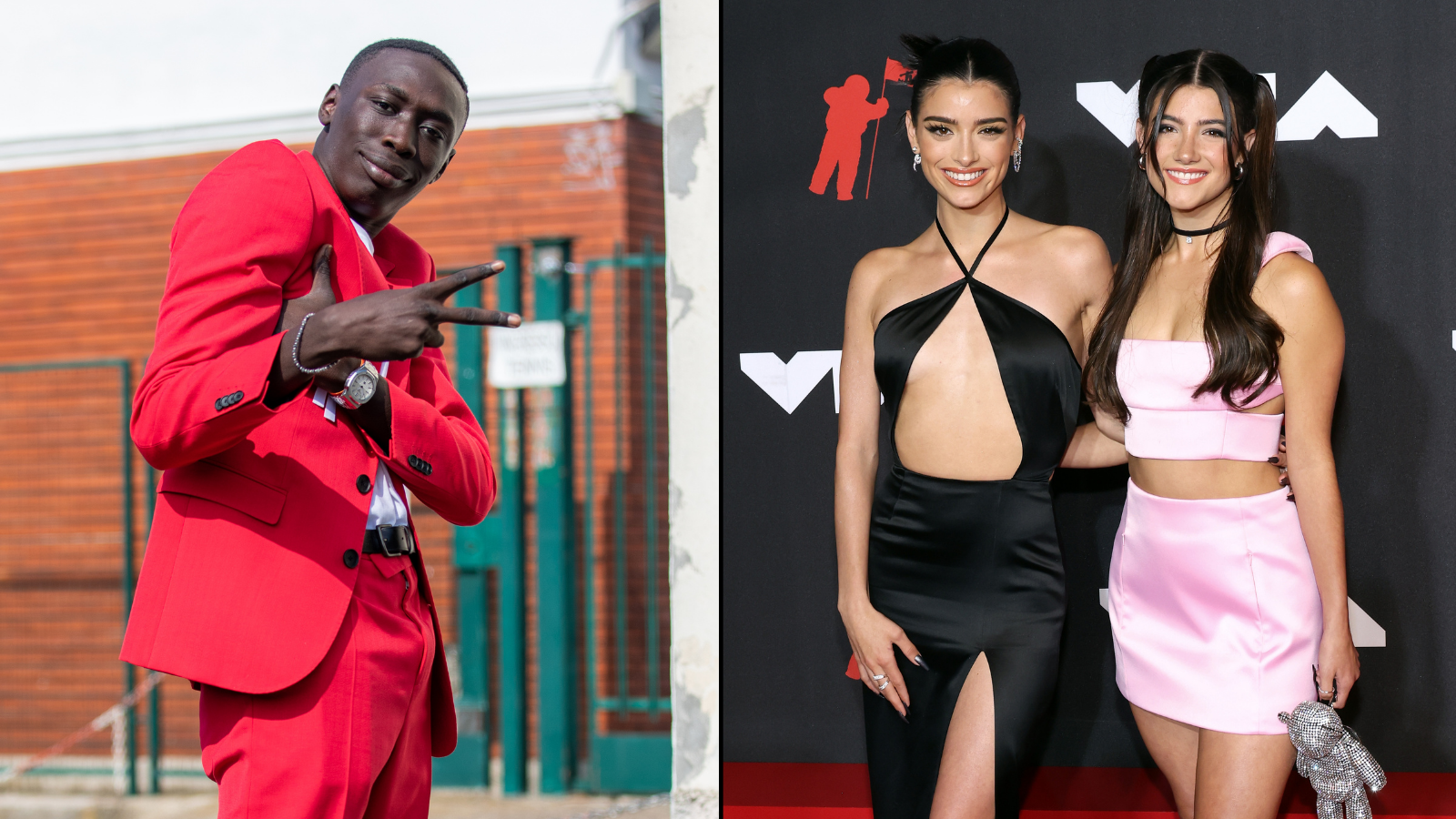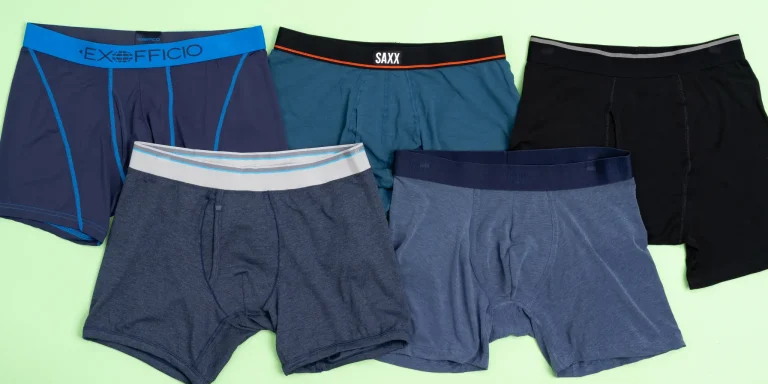From TikTok to Netflix: How Social Media Is Creating New Stars
There was a time when becoming a television or movie star required years of auditions, formal training, and maybe a bit of luck. You needed agents, industry connections, and a big break that only a few ever got. But in today’s world, all it takes is a smartphone, a bit of creativity, and the right algorithm. Social media platforms, especially TikTok, are transforming how fame is earned and how new stars are born. And many of them are skipping the traditional gatekeepers altogether and heading straight to major streaming platforms like Netflix.
This shift isn’t just a fluke or a passing trend. It represents a new era in entertainment—one where the line between content creator and celebrity is becoming increasingly blurred.
The TikTok Effect: From Viral Clips to Real Careers
TikTok has become one of the most powerful engines of modern fame. With its short-form video format and global reach, it gives ordinary people the chance to entertain millions within seconds. Dancers, comedians, singers, storytellers, and even lifestyle influencers have built audiences larger than many traditional celebrities.
And this visibility doesn’t just stay on TikTok. Once creators amass millions of followers, they attract attention from brands, casting agents, and production studios. Many of the newest faces on streaming shows and films first appeared on social media, not in acting school.
Creators like Addison Rae, who began with dance videos, landed a lead role in a Netflix original. Others, like Wisdom Kaye, went from TikTok fashion videos to working with major modeling agencies. This isn’t just digital fame. It’s translating into mainstream success—and fast.
Why Streaming Platforms Are Looking to Social Media
For platforms like Netflix, Hulu, and Prime Video, the draw of TikTok stars is simple: built-in audiences. These creators bring millions of loyal fans with them—an instant marketing advantage. When a TikTok star promotes their new show or film to their audience, it guarantees engagement that traditional ads often struggle to generate.
Streaming platforms have noticed that younger viewers are far more likely to watch something if it features someone they already follow on social media. This is especially true for Gen Z, a generation raised on YouTube, TikTok, and Instagram, where authenticity and relatability often outweigh acting experience.
So, instead of always relying on trained actors, studios are scouting for social media personalities who already understand how to connect with an audience. And in many cases, they’re finding that these creators bring more than just fans—they bring fresh energy and creativity that feels different from conventional entertainment.
The Blurring Line Between Platforms
One major factor driving this shift is the convergence of content formats. Short-form videos on TikTok and Reels are beginning to look more like mini-episodes or cinematic trailers. Creators are experimenting with storytelling, transitions, character development, and even cliffhangers in under 60 seconds.
At the same time, streaming platforms are producing more content that mimics the casual, unscripted vibe of social media. Think reality shows, docuseries, and experimental formats that rely on personality over plot.
In essence, TikTok and Netflix are meeting in the middle. TikTok is starting to feel like a playground for new visual storytelling, while Netflix and other streamers are becoming more open to unscripted, personality-driven entertainment. It’s no surprise, then, that the creators of today often live in both worlds at once.
From Relatable to Recognizable
What makes social media stars appealing to platforms like Netflix is how relatable they are. Unlike traditional actors who often seem distant or overly polished, TikTok creators let their audience in. They share their lives, show their struggles, and talk directly to the camera. They’re seen as “real people” by their fans.
This authenticity builds strong emotional connections. So when these creators appear in a film or series, viewers feel like they already know them. That kind of familiarity is powerful—and it’s changing how we define celebrity.
But as these stars transition from phones to flatscreens, the challenge becomes maintaining that relatability. Audiences are quick to call out inauthenticity. If someone who built their brand on being down-to-earth suddenly seems distant or manufactured, they risk losing the very thing that made them famous.
Not All Smooth Sailing: The Growing Pains of Instant Fame
While social media offers a fast track to fame, it doesn’t always prepare creators for the demands of mainstream entertainment. Acting in a film is different from making a 15-second video. It requires stamina, training, and the ability to take direction. Some creators struggle with the transition, especially under public scrutiny.
There’s also the issue of burnout. Many TikTok stars post daily—or even multiple times a day—to maintain their visibility. When they start filming for streaming projects, their ability to post consistently drops. Fans notice. Engagement dips. And the pressure builds.
Then there’s the added attention. Being in a Netflix show brings a new level of fame, and not all creators are ready for it. They go from filming in their bedrooms to being discussed in tabloids or reviewed by critics. The mental toll can be significant.
Who’s Doing It Right: Success Stories
Despite the challenges, several creators have successfully made the leap. Charli D’Amelio has turned her TikTok dance fame into a full-blown media career with reality shows and brand deals. Emma Chamberlain, who started on YouTube, is now a regular at the Met Gala and works with major fashion brands while being featured in streaming documentaries.
On Netflix, Chase Hudson (aka Lil Huddy) appeared in film projects while maintaining his music and online presence. Brittany Broski, known for her viral “Kombucha Girl” video, now hosts streaming content and is seen as one of the funniest personalities online and off.
These success stories share a common theme: they didn’t abandon their digital roots. They used their online presence as a foundation while learning how to navigate new opportunities.
What This Means for the Future of Fame
We’re entering a time when the word “celebrity” no longer means what it used to. Today’s stars aren’t all born in studios or on sets. They’re emerging from bedrooms, cafes, dorm rooms, and cars—filming with phones, building fanbases one video at a time.
Streaming platforms are no longer just destinations for polished actors. They’re welcoming personalities who bring a different kind of charisma—one shaped by algorithms, community, and digital culture.
This shift also empowers more diversity. Creators of different backgrounds, cultures, and styles are finding success without needing industry approval. The gatekeepers are still there, but they’re no longer the only way in.
Final Thoughts
From TikTok to Netflix, the journey to stardom has been rewritten. Social media is no longer just a promotional tool—it’s a launching pad. And for a new generation of stars, it’s not about waiting to be discovered. It’s about building something real, right now, in front of millions of viewers.
Whether this new model of fame lasts or evolves again, one thing is certain: the entertainment industry is being reshaped by voices that might never have been heard otherwise. And that’s a change worth watching.

![Inside the Real Life of [Trending Celebrity] – Beyond the Glamour](https://www.uploadarticle.com.co/wp-content/uploads/2025/06/nicole-scherzinger-bude-2025-06-14T115156.246-768x432.png)



